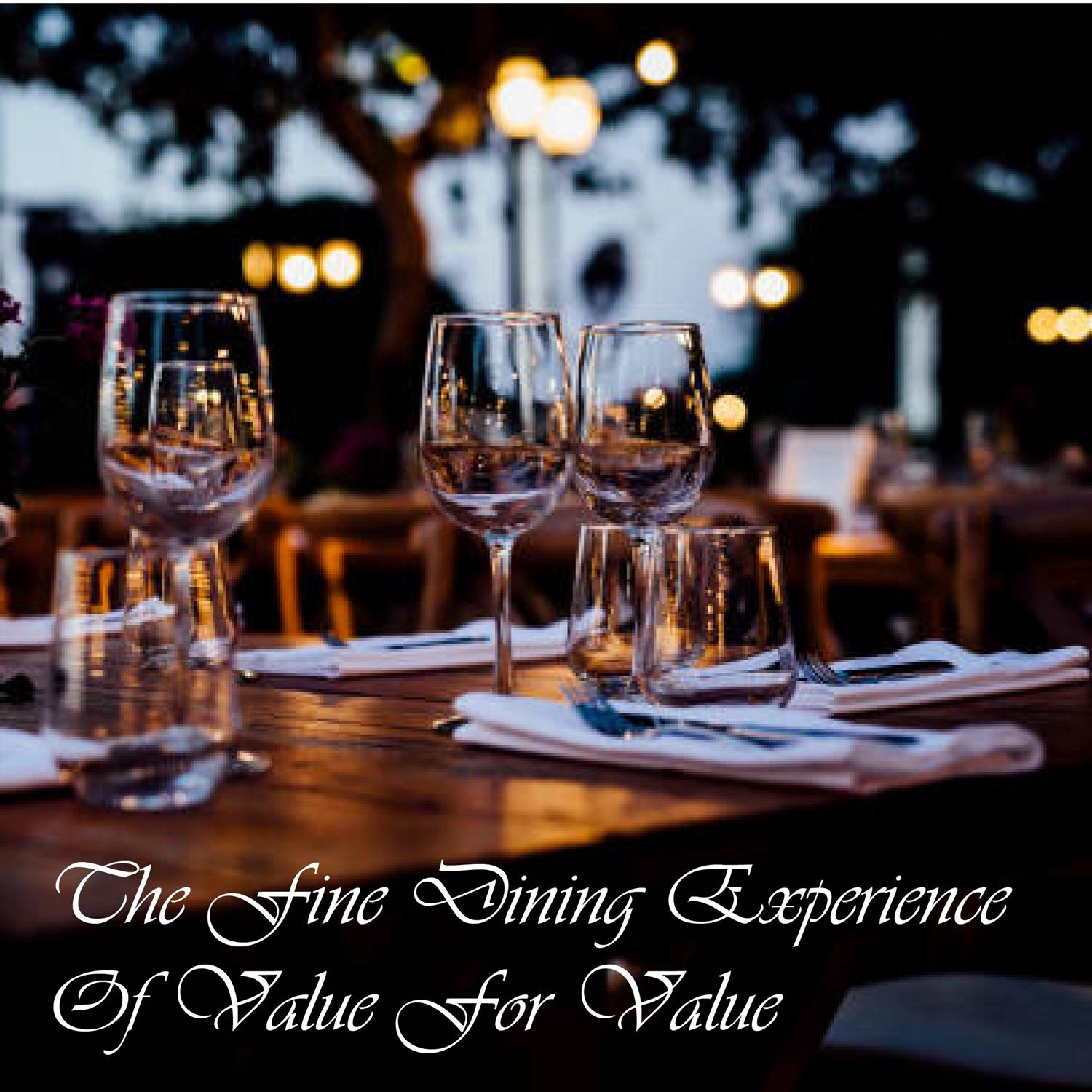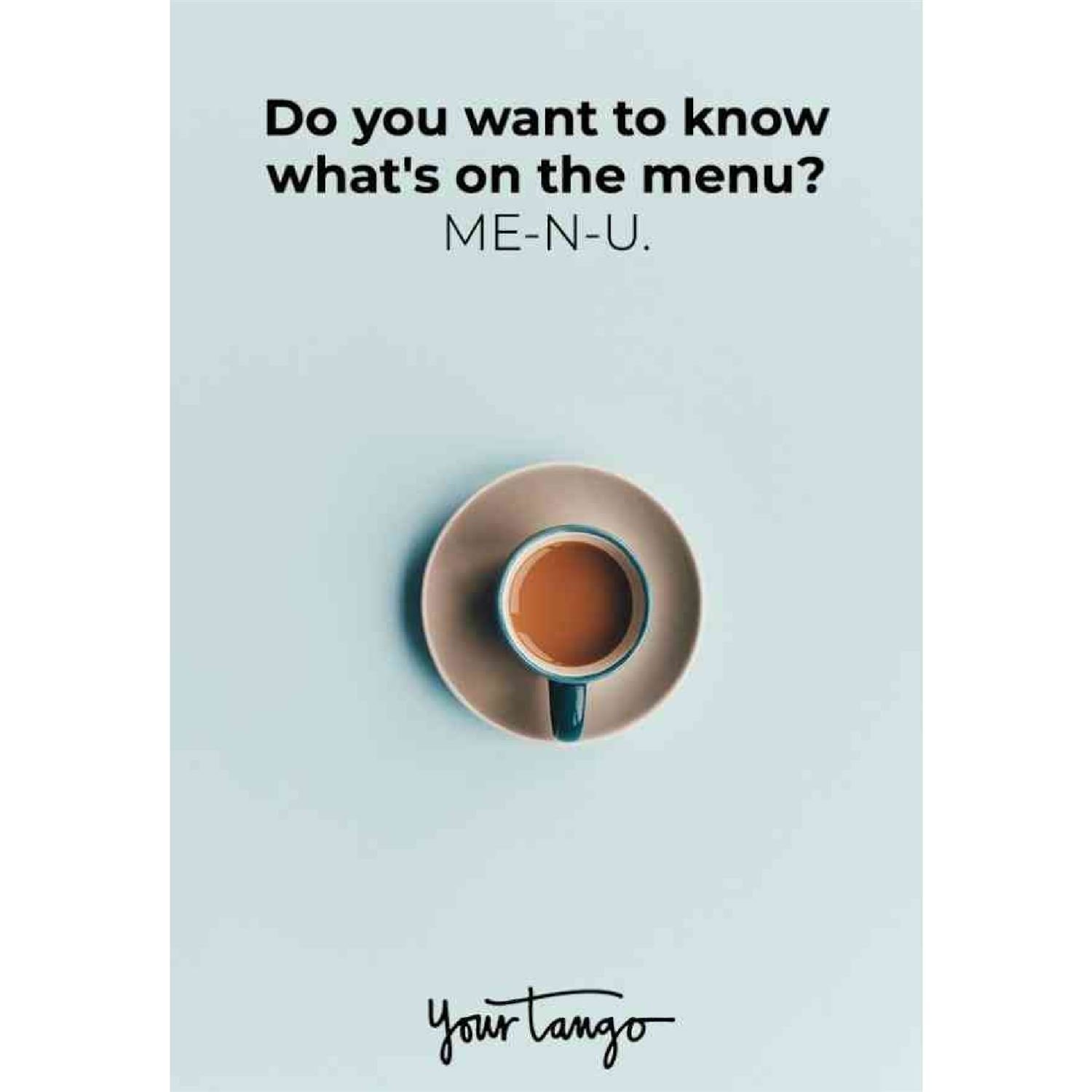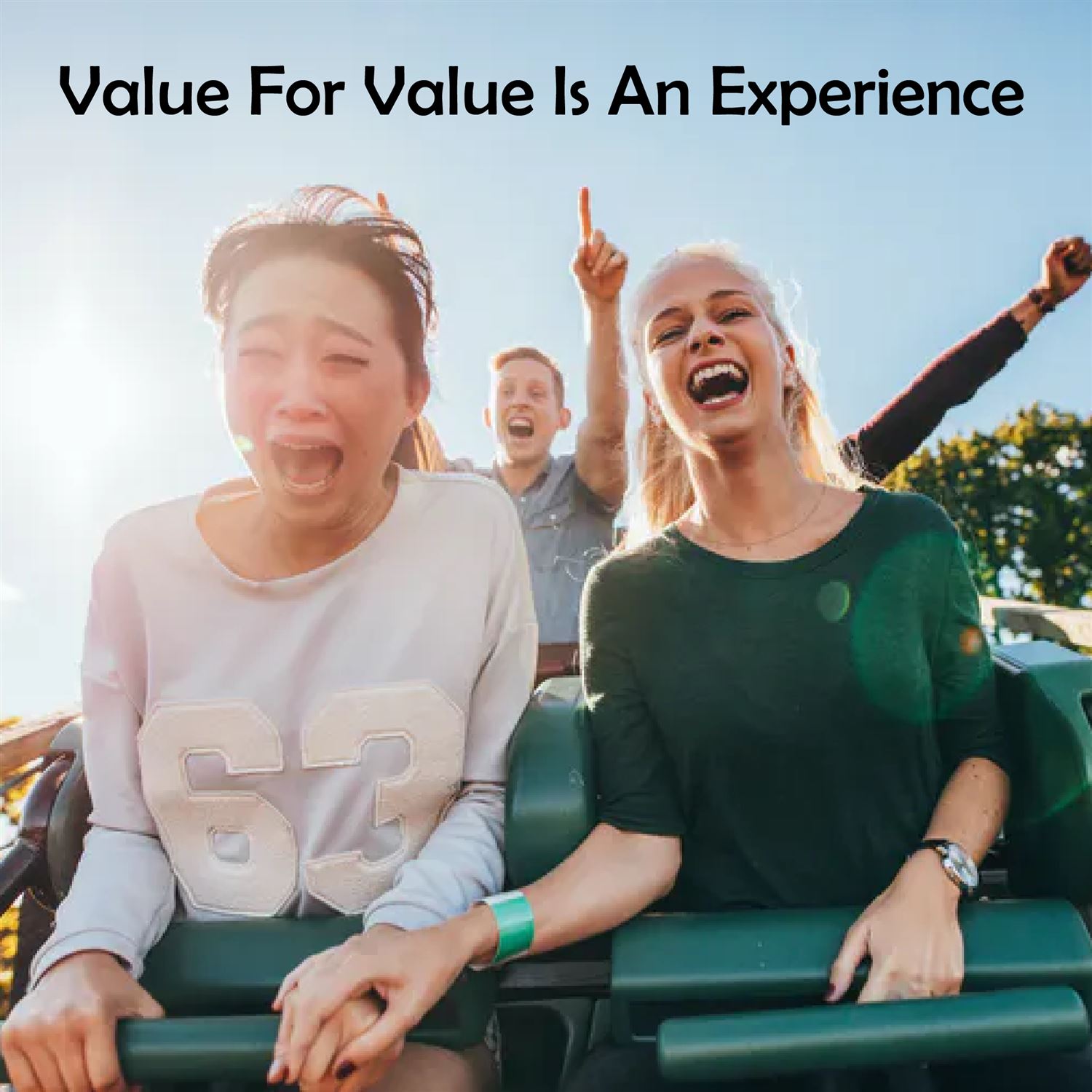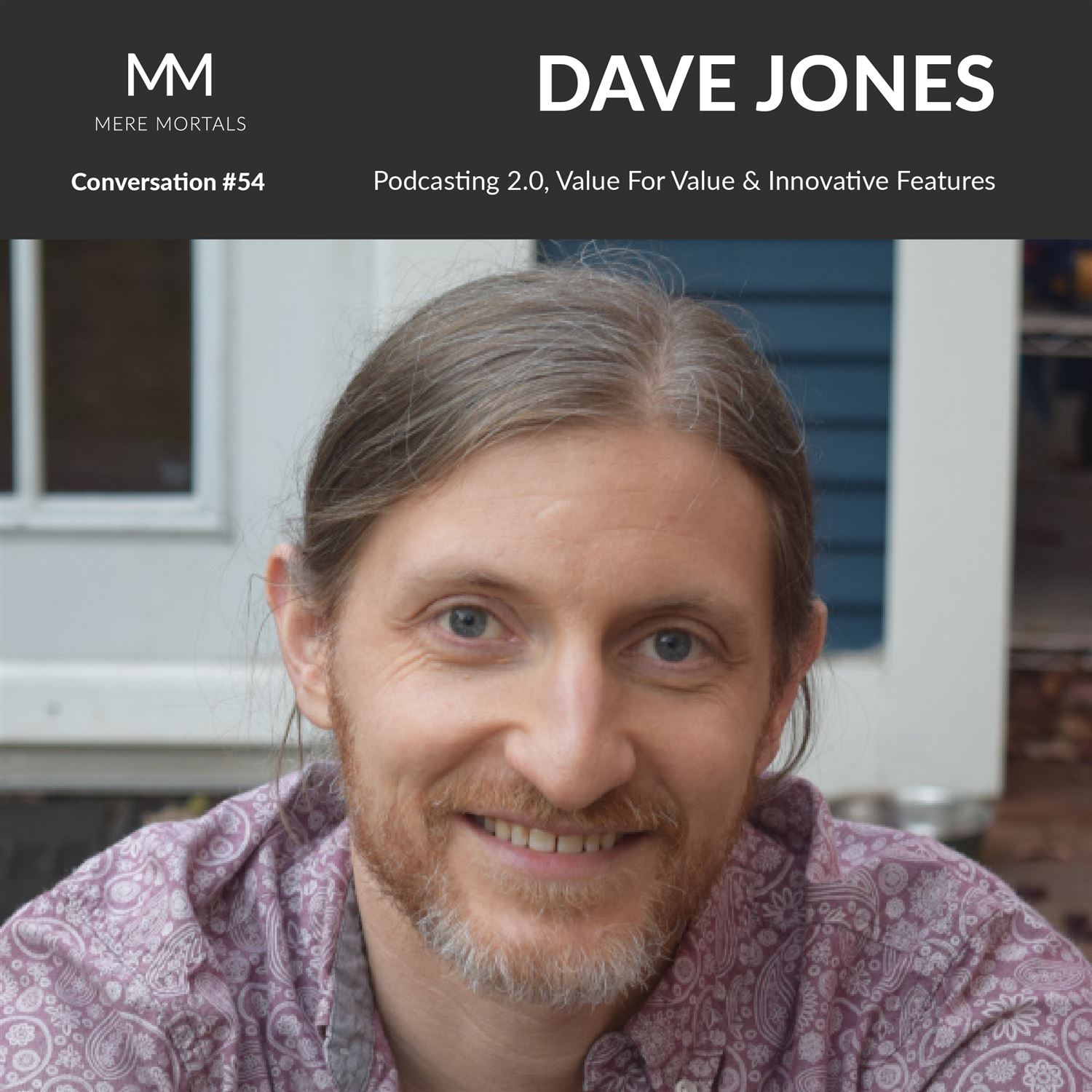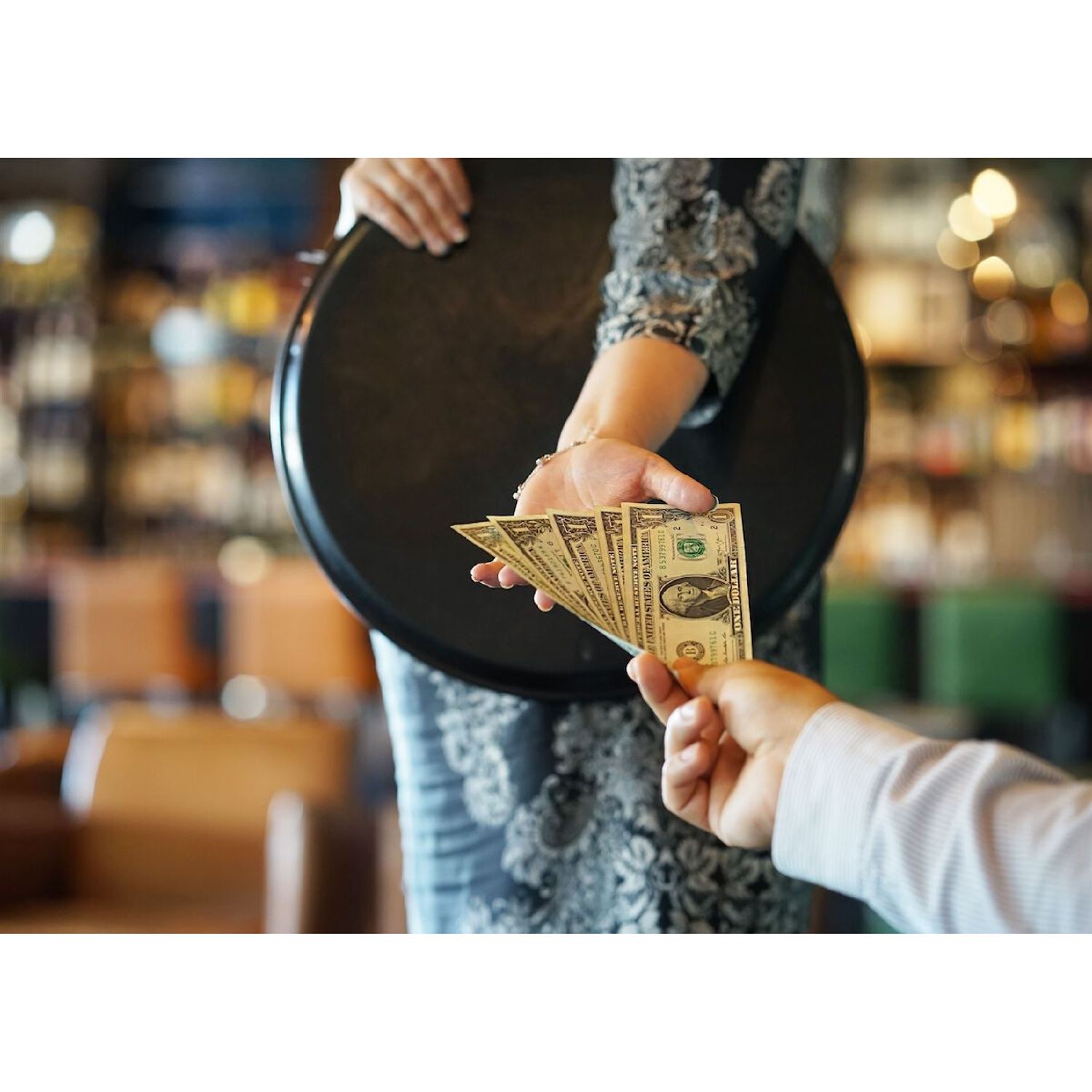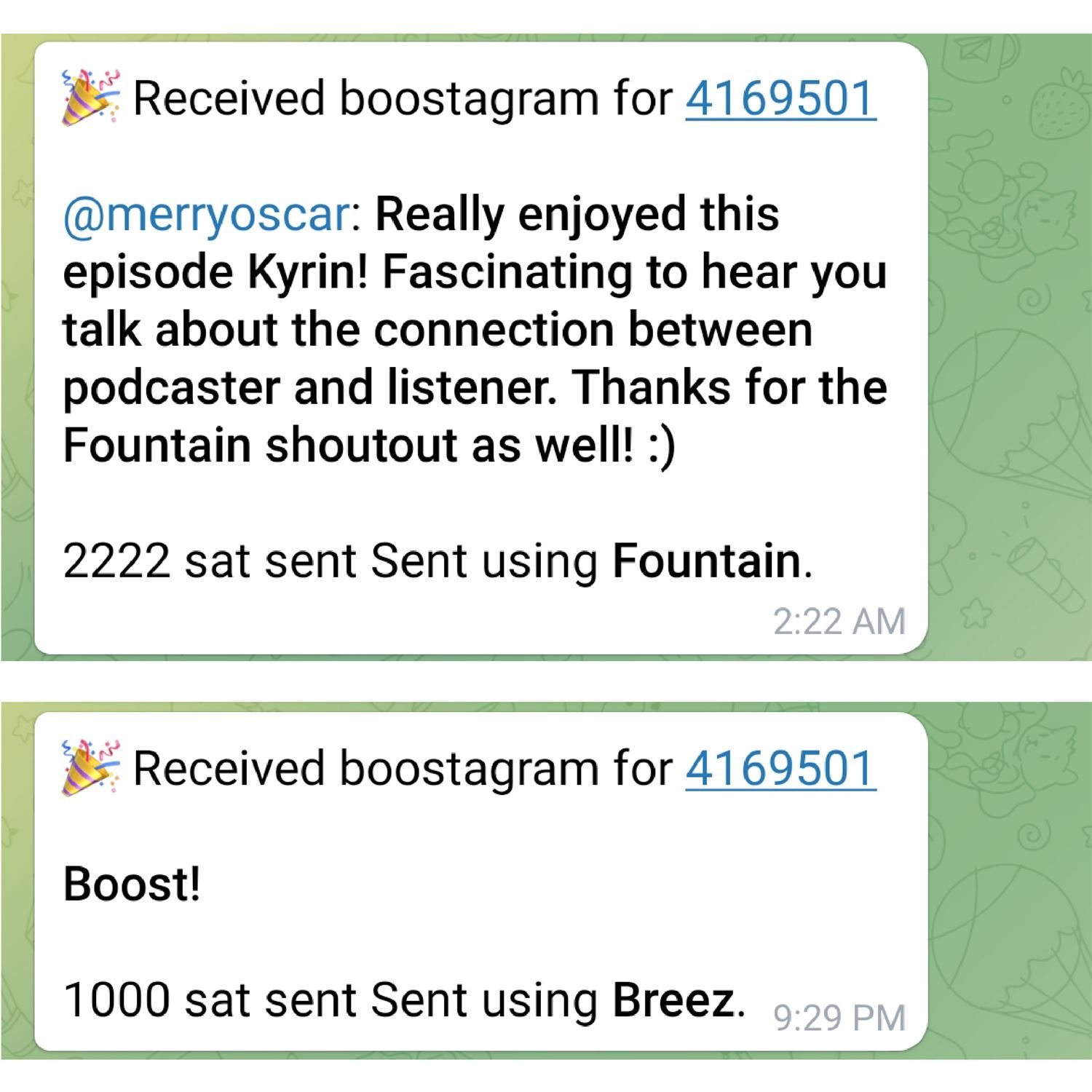Me, N U baby. On Ep #5 we'll be examining why the V4V model can be thought of as a fine dining experience. Dave Jones gives us his thoughts on this analogy and I deconstruct how value is tied to feeling, why one party must make the first move by providing value from the get go and how expectation of receiving value can change across cultures.
A big thanks to Oscar Merry and an anonymous booster for supporting the show. Absolute legends!
Value 4 Value Support:
Boostagram: https://www.meremortalspodcast.com/support
Paypal: https://www.paypal.com/paypalme/meremortalspodcast
Connect With Kyrin/Mere Mortals:
Website: https://www.meremortalspodcast.com/
Discord: https://discord.gg/jjfq9eGReU
Twitter/X: https://twitter.com/meremortalspods
Instagram: https://www.instagram.com/meremortalspodcasts/
TikTok: https://www.tiktok.com/@meremortalspodcasts
A big thanks to Oscar Merry and an anonymous booster for supporting the show. Absolute legends!
Value 4 Value Support:
Boostagram: https://www.meremortalspodcast.com/support
Paypal: https://www.paypal.com/paypalme/meremortalspodcast
Connect With Kyrin/Mere Mortals:
Website: https://www.meremortalspodcast.com/
Discord: https://discord.gg/jjfq9eGReU
Twitter/X: https://twitter.com/meremortalspods
Instagram: https://www.instagram.com/meremortalspodcasts/
TikTok: https://www.tiktok.com/@meremortalspodcasts
[00:00:00]
Unknown:
Do you know what's on the menu tonight? Me and you bounce back have one. Wow. Oh, yeah, that's it. We are starting off with some cheesy love pickup lines today. Welcome everyone, to another episode of the value for value podcast. My name is Kyrin. And I do this podcast for those who want to learn more about the value for value model and explore more in depth the interaction between you as a podcaster artists, independent creator, and how you can have a connection with your audience and create value through that not just money, but in terms of time, talent, treasure, and all of these good fun things. Now, that wasn't just a cheesy pickup line for the hell of it. It's actually related to today's topic, which is the fine dining experience of the value for value. Now the value for value as an experience, what does that mean? So first of all, I just want to say I'm not an expert, I'm just a guy trying to live out this model. So I need help. This is a recently relative invention for me this concept of value for value. And so I've called it a model, but one could easily argue that it's a philosophy, a pragmatic way to live, or in this case, an experience. So recently, I chatted with Dave Jones, who is from podcasting 2.0. Now, he is the co host with Adam Curry of that show. And Adam curry, as I've mentioned before, is the, in my version, the creator of the value for value model. And so he's been doing this for a long time with a no agenda show.
And they have been doing it together on podcasting 2.0 for about a year now. So I wanted to ask Dave, what is value for value, and this is the response that he gave me. The idea of value for value means that it's, it's the opposite. I like to think of it like eating, it's the opposite of fast food, you have fast food and you have a sit down restaurant, you can you could take your content, your content, you say, Okay, I think this content is valuable this podcast. And you could put it behind a paywall, and so you need to subscribe to and it's gonna cost you $5 a month.
There's two problems with that. Number one, you restrict who can hear it, number one, number one, number two, you're putting the price on it, you're saying that this podcast, I think it's worth $5 a month, $7 a month, $10 a month. That's, that's fast food that's you pay first, then you get it. And you just hope that what you paid for was worth what you got, yeah, you know, versus a sit down restaurant, which is like value for value, you get the food first you get the meal, you get to enjoy the content. And then after it's over, you express to the server and to the restaurant, how much value it was, you know, it feels a hell of a meal, you're gonna give them a big tip, you know, you're gonna you're gonna give back something if they just if that server, you know, it was it was Johnny on the spot and did a great job. I mean, you might, you know, you may give him a 30% tip or more. So that's that sort of, and we all know instinctively that that sit down restaurant, that meal is the is the better experience, it's the more fine dining experience. And so for people who have content there, the value for value model says, You need to value your content high enough, in order to serve it to somebody and expect that they are going to reward you richly for that, for that content.
So to deconstruct and elaborate on what Dave was saying, the one of the first things that jumped out at me was he mentioned feeling and I really do feel that value is tied to feeling. So he mentioned, the fine dining experience is going to feel better. And I think this is what really ties into the experience of being a podcaster and independent Creator and having that relationship is that it's not going to be transactional, that's probably not the best way to be thinking about it, you should be thinking about it more in terms of evoking a feeling so whether this is a sadness happiness, a positive one or negative one, I don't really see the value for value model really being able to work when you are coming at it and providing a service. So there is definitely people out there who are teaching English for example, and you could do this down the real technical route of pure grammar, pure etc, etc. These are the five different things you need to know about this word and how to conjugate it whatnot. Or you could go down the route more like my friend Pete did from Aussie English, who was on I believe that was episode number two. And you could go down the route of providing something extra on top of that, which is for him, his personality, his humor, his quirks, all of those things. So I would defer They say, with a value for value model, you really do want to be thinking about the feelings that you're evoking and using that to tie into value rather than thinking of it in a transactional means. He also talked about the experience of it. So hence the fine dining experience of value for value. And I think with this, you need to acknowledge that for you, the other party will have to make the first move I if you're the waiter in this situation, you're the one who needs to be friendly. First, you're the one who needs to provide that energy to ask your customers, hey, the people sitting down to eat, do you need this? Do you need to water topped up? How's the meal going? Is there anything I can do to enhance this? Etc, etc? The same with the podcaster? You know, can I be more funny? Can I provide more value by doing this thing? Would you enjoy it more if I put this pot at this pit or at the end? Am I is the audio quality, good, should I be doing this etc, etc. So really, you need to be the one providing it upfront, and then having that assumption that it's going to work out well. So the KFC is the McDonald's of fast foods of this world, the waiter has already been paid for in this situation.
With his analogy, we just have to be careful, I think that we're talking about the service more in this case. So this is I'm not going to provide the McDonald's waiter, which there really is none. But at least you know the person at the front desk, I'm not going to be tipping them because it's already paid for. And that upfront costs when I give them that and then it's like, okay, my meal is going to be coming in, there's not going to be additional extras on top of that. Whereas with the fine dining, you know, I go there ate the food, I have the interactions with the waiter, and maybe the owner and maybe even the chef, if you're really into that sort of thing. And then that's where I will be adding that extra bit on top. So this is not even just the cost of the meal, this is more talking about the tipping pot.
So just have to be careful about with that analogy that it's really focusing on the waiter and not the food. So sort of the service associated with that. Now the great thing with the value for value that's currently being implemented via Satoshis. And being able to send those to your favorite podcaster and whatnot, is that you can split it up individually. So it's a lot harder for me to go to a fine dining restaurant and tip, specifically, the cook, for example, or specifically, the cleaners or whoever it is that you know, created the ambiance in that area. Whereas with what's being currently set up, and you can do this right now is you can go you know what I really enjoyed that one particular aspect of the episode, I want to give that value to that particular person or as you can spread it out among all of them, because the whole experience was awesome. One more thing was expectation, he said that at the end, there's going to be an expectation that you will get value in return. And this I think, is the most almost risky part, the tricky part because this can be very dependent on your culture. And this was actually something that jumped out at me real recently, where I had a opportunity to chat with two people, one from the Netherlands and one from Colombia. Now in Australia, we don't have a tipping culture. So I don't believe I've ever tipped anyone here for their service.
No matter what restaurant it was, no matter what type of situation I got into the normal ones, I guess you would say, if you're from a culture, which does have that, that just doesn't happen here. In Argentina, for example, they have tipping, but it's a weird mix, because it's almost compulsory, when I was there. Typically at the end of my meals, the bill would come and then it would have the meal price, which was which I expected to pay, because that's what I saw on the menu. And then they would already add a 10% charge to it as a tip. Now this is a bit of a weird one, because I could argue that and say, Hey, I don't want that. But it's also sort of compulsory in the sense that they're already putting it on there. So it's not so much me giving it it's that expectation of it. And then in the Netherlands, this is where they do have a true tipping culture, I would say and that you go to a restaurant and whatnot. Now I haven't actually been there.
This is me just doing research on the internet. And from what my friend was saying, which was he when he tried to tip people here in Australia, they thought Oh, that's weird. Like, why are you doing that? That's that's not how it's done here. So that expectation part, I can totally see that being dependent on the audience you're creating as well. So not only is it your audience's natural, innate preferences, I am Australian, I'm probably not used to tipping that much. But you also have to explain it and and show that this is going to be a somewhat of an expectation. If you're listening to the value for value show. You know, it's sort of expected that if you're getting value from it, you give me something in return. Now, however you want to do that, and however you value that, that's fine, but there is that expectation there. So part of that is due to the culture and then part of that as you as the The podcasts or the creator, whatever it is, you're the one who has to push that out there and show that. So that is the fine dining experience of the memo of the value for value podcast. Sorry, I'm just so used to saying the mere mortals because that's my regular show, which you should check out by the way is pretty cool. This is the value for value podcast. So I want to give out some shout outs to some people who have sent some value back to me in the boostagram form. So thank you very much for the two that I received one from Oscar Murray from the fountain FM at you should check them out. That's cool, very cool app. He said, really enjoyed this episode car.
And fascinating to hear you talk about the connection between podcaster and listener. Thanks for the fountain shout out as well, smiley face. Hey, my pleasure, Oscar really enjoy it. The app is very cool. I would easily recommend people to go do that. And yes, see, this is a perfect example. Because this show was really recent. I'm still trying to figure out exactly how I want to do it exactly how I want to run it. And then I get a message like this saying that connection between the podcaster and listener, okay, Hell, yes, that's a guidepost for me to go down. I can give more value this way by examining that mole. So that's definitely something I'm going to be keeping in mind and working on. The other one was simply boost exclamation point. So this was sent using Breez and Breez has now just put the ability to put in boostagrams.
Unfortunately, you do have to add your name in the actual message itself. So I can't give some props to the person who did this. But hey, both of those. Thank you so much, I really, really do appreciate that. If you do want to give value in another way to the value for value podcast, you can actually obviously do it via the boosta grams and whatnot and those sorts of things. But if there's you just want to send a comment to me go to the meme at mere mortals podcast on Instagram, that's probably the easiest way to connect with me personally. Now, I also want to give some tips as well. So some tips related to podcasting 2.0, new features, things like that. So I would want to say play around with multiple value value apps.
So we've already talked about fountain just now. But there's plenty of others, breeze curio caster pod friend, I believe pod verse has got the ability to stream Satoshis now as well. And there's all these cool things that I'm noticing about myself when I use them. And I use them in different ways. And this is depending on the app. So for me, I really like sending long boostagrams via curio caster or pod friend because I use them on the desktop more it's easier for me to write with the keyboard, I'm not having to use it on my mobile etc etc. For fountain I like really short sharp ones, which are typically smaller in value. And I send those just as test ones or as ones to people who I regularly listen to and just want to give a quick shout out that appears in the in my head in my in the moment for breeze. I really like to use that for streaming sites.
That's my favorite one because it's got the chapters. It's one where I can just sit there, let it play. And the chapters will pop up and whatnot. While I'm watching while I'm streaming Satoshis. So I would just say, hey, try out a bunch of these different apps. And you'll probably like I would say most people in the podcasting 2.0 community, you're going to find out that you're using two or three apps maybe even more like me, and you're using them for different purposes because the apps themselves have created different ways of interacting with the app. So that is it today for the value for value podcast. Thank you for joining me. I really hope you enjoyed this and got some value out of it. And other than that hope you're having a fantastic day wherever you are in the world Kyrin out
Do you know what's on the menu tonight? Me and you bounce back have one. Wow. Oh, yeah, that's it. We are starting off with some cheesy love pickup lines today. Welcome everyone, to another episode of the value for value podcast. My name is Kyrin. And I do this podcast for those who want to learn more about the value for value model and explore more in depth the interaction between you as a podcaster artists, independent creator, and how you can have a connection with your audience and create value through that not just money, but in terms of time, talent, treasure, and all of these good fun things. Now, that wasn't just a cheesy pickup line for the hell of it. It's actually related to today's topic, which is the fine dining experience of the value for value. Now the value for value as an experience, what does that mean? So first of all, I just want to say I'm not an expert, I'm just a guy trying to live out this model. So I need help. This is a recently relative invention for me this concept of value for value. And so I've called it a model, but one could easily argue that it's a philosophy, a pragmatic way to live, or in this case, an experience. So recently, I chatted with Dave Jones, who is from podcasting 2.0. Now, he is the co host with Adam Curry of that show. And Adam curry, as I've mentioned before, is the, in my version, the creator of the value for value model. And so he's been doing this for a long time with a no agenda show.
And they have been doing it together on podcasting 2.0 for about a year now. So I wanted to ask Dave, what is value for value, and this is the response that he gave me. The idea of value for value means that it's, it's the opposite. I like to think of it like eating, it's the opposite of fast food, you have fast food and you have a sit down restaurant, you can you could take your content, your content, you say, Okay, I think this content is valuable this podcast. And you could put it behind a paywall, and so you need to subscribe to and it's gonna cost you $5 a month.
There's two problems with that. Number one, you restrict who can hear it, number one, number one, number two, you're putting the price on it, you're saying that this podcast, I think it's worth $5 a month, $7 a month, $10 a month. That's, that's fast food that's you pay first, then you get it. And you just hope that what you paid for was worth what you got, yeah, you know, versus a sit down restaurant, which is like value for value, you get the food first you get the meal, you get to enjoy the content. And then after it's over, you express to the server and to the restaurant, how much value it was, you know, it feels a hell of a meal, you're gonna give them a big tip, you know, you're gonna you're gonna give back something if they just if that server, you know, it was it was Johnny on the spot and did a great job. I mean, you might, you know, you may give him a 30% tip or more. So that's that sort of, and we all know instinctively that that sit down restaurant, that meal is the is the better experience, it's the more fine dining experience. And so for people who have content there, the value for value model says, You need to value your content high enough, in order to serve it to somebody and expect that they are going to reward you richly for that, for that content.
So to deconstruct and elaborate on what Dave was saying, the one of the first things that jumped out at me was he mentioned feeling and I really do feel that value is tied to feeling. So he mentioned, the fine dining experience is going to feel better. And I think this is what really ties into the experience of being a podcaster and independent Creator and having that relationship is that it's not going to be transactional, that's probably not the best way to be thinking about it, you should be thinking about it more in terms of evoking a feeling so whether this is a sadness happiness, a positive one or negative one, I don't really see the value for value model really being able to work when you are coming at it and providing a service. So there is definitely people out there who are teaching English for example, and you could do this down the real technical route of pure grammar, pure etc, etc. These are the five different things you need to know about this word and how to conjugate it whatnot. Or you could go down the route more like my friend Pete did from Aussie English, who was on I believe that was episode number two. And you could go down the route of providing something extra on top of that, which is for him, his personality, his humor, his quirks, all of those things. So I would defer They say, with a value for value model, you really do want to be thinking about the feelings that you're evoking and using that to tie into value rather than thinking of it in a transactional means. He also talked about the experience of it. So hence the fine dining experience of value for value. And I think with this, you need to acknowledge that for you, the other party will have to make the first move I if you're the waiter in this situation, you're the one who needs to be friendly. First, you're the one who needs to provide that energy to ask your customers, hey, the people sitting down to eat, do you need this? Do you need to water topped up? How's the meal going? Is there anything I can do to enhance this? Etc, etc? The same with the podcaster? You know, can I be more funny? Can I provide more value by doing this thing? Would you enjoy it more if I put this pot at this pit or at the end? Am I is the audio quality, good, should I be doing this etc, etc. So really, you need to be the one providing it upfront, and then having that assumption that it's going to work out well. So the KFC is the McDonald's of fast foods of this world, the waiter has already been paid for in this situation.
With his analogy, we just have to be careful, I think that we're talking about the service more in this case. So this is I'm not going to provide the McDonald's waiter, which there really is none. But at least you know the person at the front desk, I'm not going to be tipping them because it's already paid for. And that upfront costs when I give them that and then it's like, okay, my meal is going to be coming in, there's not going to be additional extras on top of that. Whereas with the fine dining, you know, I go there ate the food, I have the interactions with the waiter, and maybe the owner and maybe even the chef, if you're really into that sort of thing. And then that's where I will be adding that extra bit on top. So this is not even just the cost of the meal, this is more talking about the tipping pot.
So just have to be careful about with that analogy that it's really focusing on the waiter and not the food. So sort of the service associated with that. Now the great thing with the value for value that's currently being implemented via Satoshis. And being able to send those to your favorite podcaster and whatnot, is that you can split it up individually. So it's a lot harder for me to go to a fine dining restaurant and tip, specifically, the cook, for example, or specifically, the cleaners or whoever it is that you know, created the ambiance in that area. Whereas with what's being currently set up, and you can do this right now is you can go you know what I really enjoyed that one particular aspect of the episode, I want to give that value to that particular person or as you can spread it out among all of them, because the whole experience was awesome. One more thing was expectation, he said that at the end, there's going to be an expectation that you will get value in return. And this I think, is the most almost risky part, the tricky part because this can be very dependent on your culture. And this was actually something that jumped out at me real recently, where I had a opportunity to chat with two people, one from the Netherlands and one from Colombia. Now in Australia, we don't have a tipping culture. So I don't believe I've ever tipped anyone here for their service.
No matter what restaurant it was, no matter what type of situation I got into the normal ones, I guess you would say, if you're from a culture, which does have that, that just doesn't happen here. In Argentina, for example, they have tipping, but it's a weird mix, because it's almost compulsory, when I was there. Typically at the end of my meals, the bill would come and then it would have the meal price, which was which I expected to pay, because that's what I saw on the menu. And then they would already add a 10% charge to it as a tip. Now this is a bit of a weird one, because I could argue that and say, Hey, I don't want that. But it's also sort of compulsory in the sense that they're already putting it on there. So it's not so much me giving it it's that expectation of it. And then in the Netherlands, this is where they do have a true tipping culture, I would say and that you go to a restaurant and whatnot. Now I haven't actually been there.
This is me just doing research on the internet. And from what my friend was saying, which was he when he tried to tip people here in Australia, they thought Oh, that's weird. Like, why are you doing that? That's that's not how it's done here. So that expectation part, I can totally see that being dependent on the audience you're creating as well. So not only is it your audience's natural, innate preferences, I am Australian, I'm probably not used to tipping that much. But you also have to explain it and and show that this is going to be a somewhat of an expectation. If you're listening to the value for value show. You know, it's sort of expected that if you're getting value from it, you give me something in return. Now, however you want to do that, and however you value that, that's fine, but there is that expectation there. So part of that is due to the culture and then part of that as you as the The podcasts or the creator, whatever it is, you're the one who has to push that out there and show that. So that is the fine dining experience of the memo of the value for value podcast. Sorry, I'm just so used to saying the mere mortals because that's my regular show, which you should check out by the way is pretty cool. This is the value for value podcast. So I want to give out some shout outs to some people who have sent some value back to me in the boostagram form. So thank you very much for the two that I received one from Oscar Murray from the fountain FM at you should check them out. That's cool, very cool app. He said, really enjoyed this episode car.
And fascinating to hear you talk about the connection between podcaster and listener. Thanks for the fountain shout out as well, smiley face. Hey, my pleasure, Oscar really enjoy it. The app is very cool. I would easily recommend people to go do that. And yes, see, this is a perfect example. Because this show was really recent. I'm still trying to figure out exactly how I want to do it exactly how I want to run it. And then I get a message like this saying that connection between the podcaster and listener, okay, Hell, yes, that's a guidepost for me to go down. I can give more value this way by examining that mole. So that's definitely something I'm going to be keeping in mind and working on. The other one was simply boost exclamation point. So this was sent using Breez and Breez has now just put the ability to put in boostagrams.
Unfortunately, you do have to add your name in the actual message itself. So I can't give some props to the person who did this. But hey, both of those. Thank you so much, I really, really do appreciate that. If you do want to give value in another way to the value for value podcast, you can actually obviously do it via the boosta grams and whatnot and those sorts of things. But if there's you just want to send a comment to me go to the meme at mere mortals podcast on Instagram, that's probably the easiest way to connect with me personally. Now, I also want to give some tips as well. So some tips related to podcasting 2.0, new features, things like that. So I would want to say play around with multiple value value apps.
So we've already talked about fountain just now. But there's plenty of others, breeze curio caster pod friend, I believe pod verse has got the ability to stream Satoshis now as well. And there's all these cool things that I'm noticing about myself when I use them. And I use them in different ways. And this is depending on the app. So for me, I really like sending long boostagrams via curio caster or pod friend because I use them on the desktop more it's easier for me to write with the keyboard, I'm not having to use it on my mobile etc etc. For fountain I like really short sharp ones, which are typically smaller in value. And I send those just as test ones or as ones to people who I regularly listen to and just want to give a quick shout out that appears in the in my head in my in the moment for breeze. I really like to use that for streaming sites.
That's my favorite one because it's got the chapters. It's one where I can just sit there, let it play. And the chapters will pop up and whatnot. While I'm watching while I'm streaming Satoshis. So I would just say, hey, try out a bunch of these different apps. And you'll probably like I would say most people in the podcasting 2.0 community, you're going to find out that you're using two or three apps maybe even more like me, and you're using them for different purposes because the apps themselves have created different ways of interacting with the app. So that is it today for the value for value podcast. Thank you for joining me. I really hope you enjoyed this and got some value out of it. And other than that hope you're having a fantastic day wherever you are in the world Kyrin out

